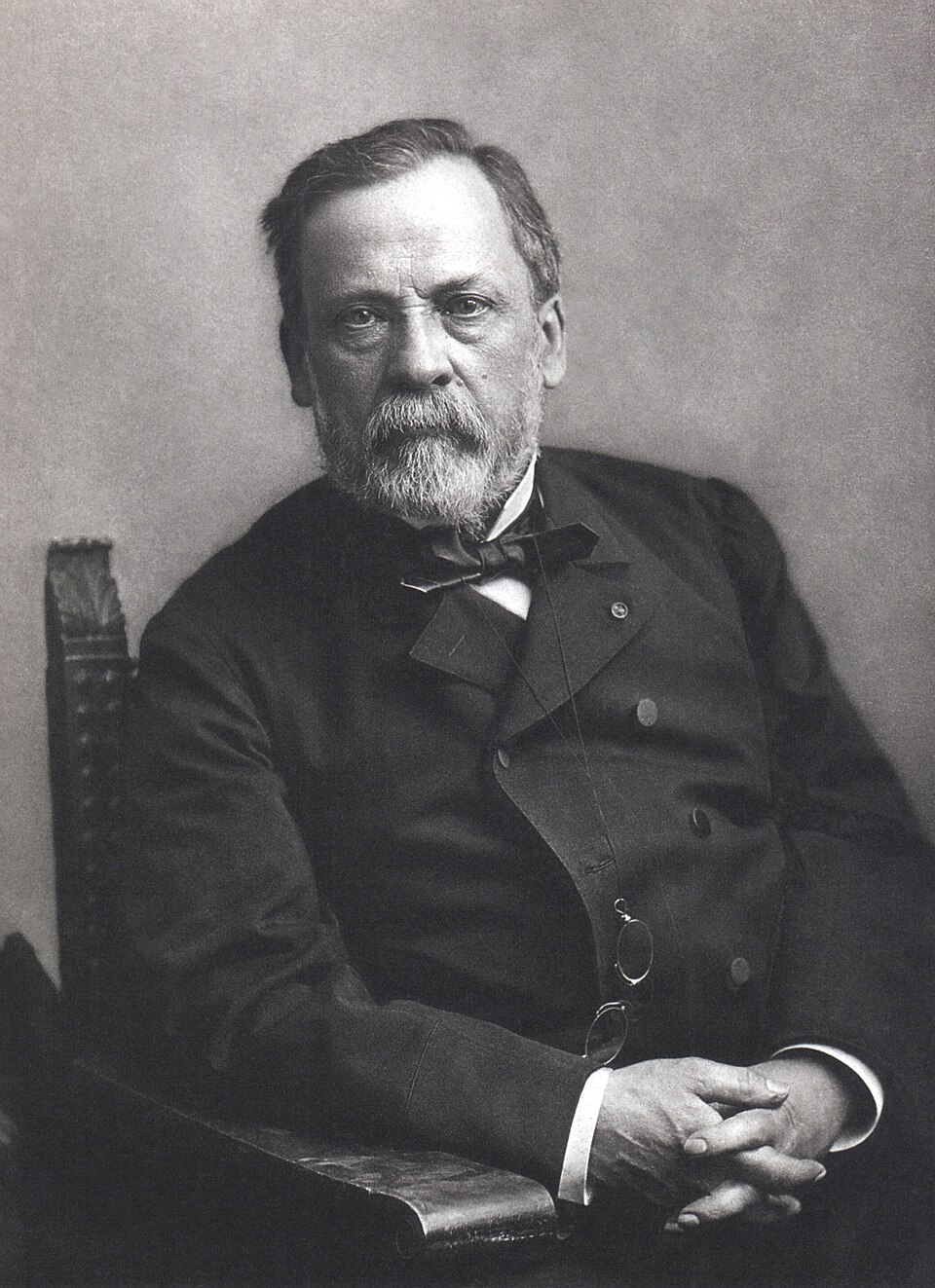
Luis Pasteur
Luis Pasteur (1822-1895) was a French chemist and microbiologist renowned for his discoveries in the field of vaccination, microbial fermentation, and pasteurization. He is often referred to as the father of microbiology and played a pivotal role in establishing the germ theory of disease, which transformed medicine and public health. His work led to the development of vaccines for rabies and anthrax, significantly impacting the prevention of infectious diseases. In recent discussions, Pasteur's legacy is often highlighted in the context of modern biotechnological advancements and the ongoing evolution of medical practices, particularly regarding the ethical implications of scientific research.
Born on Dec 27, 1822 (202 years old)
Global Media Ratings
Countries Mentioned
No country-level mention data available.
Interactive World Map
Each country's color is based on "Mentions" from the table above.
Recent Mentions
 Venezuela:
Luis Pasteur is mentioned for his significant contributions to medicine and science despite initial rejection by the Academy of Sciences of Paris.
8
Venezuela:
Luis Pasteur is mentioned for his significant contributions to medicine and science despite initial rejection by the Academy of Sciences of Paris.
8
